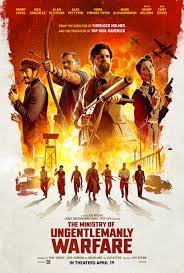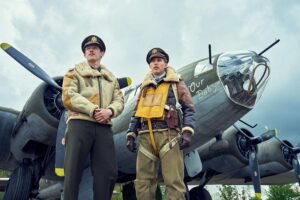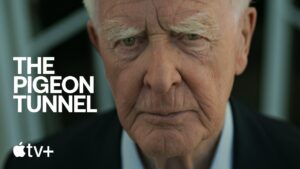.
Saturday, I spent three hours at the Central Library downtown researching the movies that played in the summer of 1984 here is San Diego. I needed specific movies and theaters beyond the major studio productions and megahits of that year. And that year had a lot of megahits, Ghostbusters, Gremlins, Star trek III, Indian Jones and The Temple of Doom and so many more, but those I can research on the internet and are far less importance to my coming novel. No, I needed the small arthouse films, and just which arthouse were in operation in my adopted hometown.
I was here in that summer. I watched many of those movies, but my memory is foggy on when in the season they player and names of those theaters that have long since shuttered their doors, hence the need to scan through rolls of microfiche looking at the newspaper ads of the day.
Man, that brought back memories. This city used to have so many movie theaters. I saw ads for movies I had nearly forgotten entirely and the old movie houses where they played.
I adore the era of streaming and the ease with which it makes it possible to watch a lot of material instead of waiting on the whims of late-night programmers, but I miss those theaters, the thrill of something wild and unexpected when you went to showing with little or no knowledge of the film and shared that discovery with a live audience.



